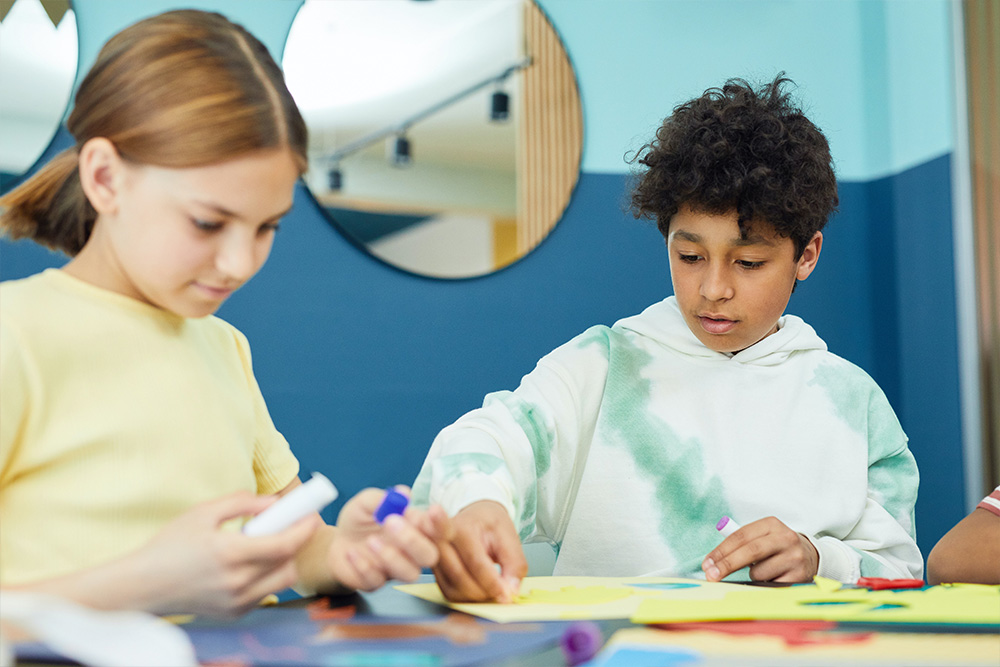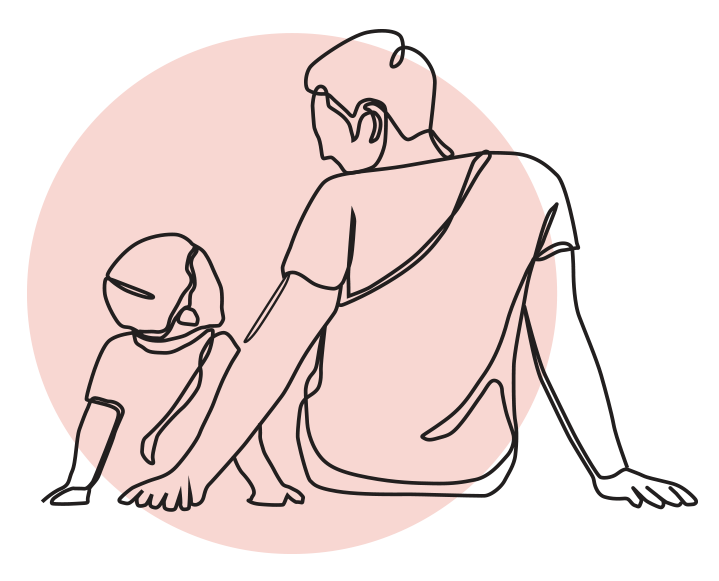Days out or travel when you have a neurodivergent child can be a challenge. Some parents feel a sense of fear when they leave the familiarity of home to travel or visit somewhere new. The dysregulation can make what should be an enjoyable experience a disappointment for all involved and tarnish future attempts to make family memories. Read our tips to help with holiday dysregulation.
A parent in a recent parent consultation said: “We’ve gone too much one way and don’t do things or take him places for fear of meltdowns and wishing we’d stayed at home.” This quote from a parent of a neurodivergent child sums up the challenges around meeting the needs of the whole family, especially in relation to days out and holidays. New, unknown and overstimulating environments can be very hard for some children and even though as a parent you’ll understand the reasons, it doesn’t make the situation any easier. Here are some ways to help your child prepare for and manage holidays.
Tips to Help With Holiday Dysregulation
Change in Routine
On holiday we tend to follow a more relaxed schedule and encourage down time but this can provoke anxiety for children that benefit from the heavily structured school day.
Tip: Try to keep basic routines consistent, such as mealtimes, bedtimes, outdoor time and screen time, and create a daily (visual) schedule to set expectations.
New environments bring up uncertainty which can cause anxiety.
Tip: Provide as much detail as possible in advance – such as photographs of where you are going and a break down of the journey and bring familiar objects and food.
Why: For children with ADHD , Autism Spectrum Condition or Sensory Processing Disorder, uncertainty or change can cause stress and anxiety, which may in turn lead to seemingly large emotional reactions due to inherent difficulties with emotional regulation. Creating routines provides predictability and a sense of control, and safety. It also supports executive functioning (eg. planning, organising, prioritising), another common struggle for some neurodivergent children. By creating a routine, parents are modelling these thinking tasks for their child.
Sensory Triggers
New places come with new smells, foods, possibly crowds and heat.
Tip: Carry sensory tools like headphones, sunglasses, fidgets, or comfort items and talk through possible triggers in advance if this helps (other children may find this worrying – you know your child best).
Why: The brains of many neurodivergent children process sensory input differently, which can make new environments seem overwhelming or frightening. Difficulties filtering sensory information can make new noises painful or new smells nauseating, for example. In addition, many sensory changes at once can leave a child’s brain overwhelmed and struggling to filter each one out, leading to exhaustion or emotional dysregulation.
Returning Home
Children may struggle with strong feelings at holidays coming to an end and/or school returning. They may also have adapted to their new routine and struggle to return to their old one.
Tip: Use countdown calendars to prepare children. Keep home routines consistent but consider incorporating elements that helped on holiday for a transitional period.
Why: Returning from holiday is a big transition and neurodivergent children may find it hard to return to a more structured routine following the relaxed rules of holiday. School can be an anxiety provoking prospect for many children – at the end of holidays they must prepare for the sensory demands of school and also the executive functioning requirements, such as planning, concentration, multitasking and time management.
If you are a parent or carer in need of support during times of dysregulation, our online therapists are here to help with the advice and tools you need. Book an Online Parent Consultation or get in touch with Chloe for more information.




